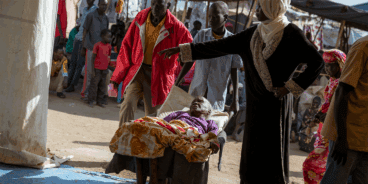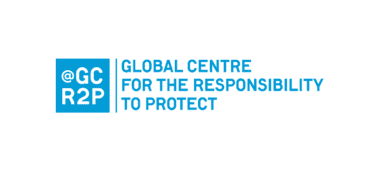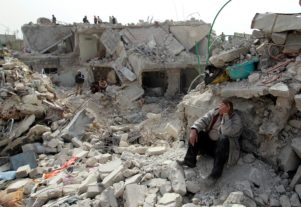
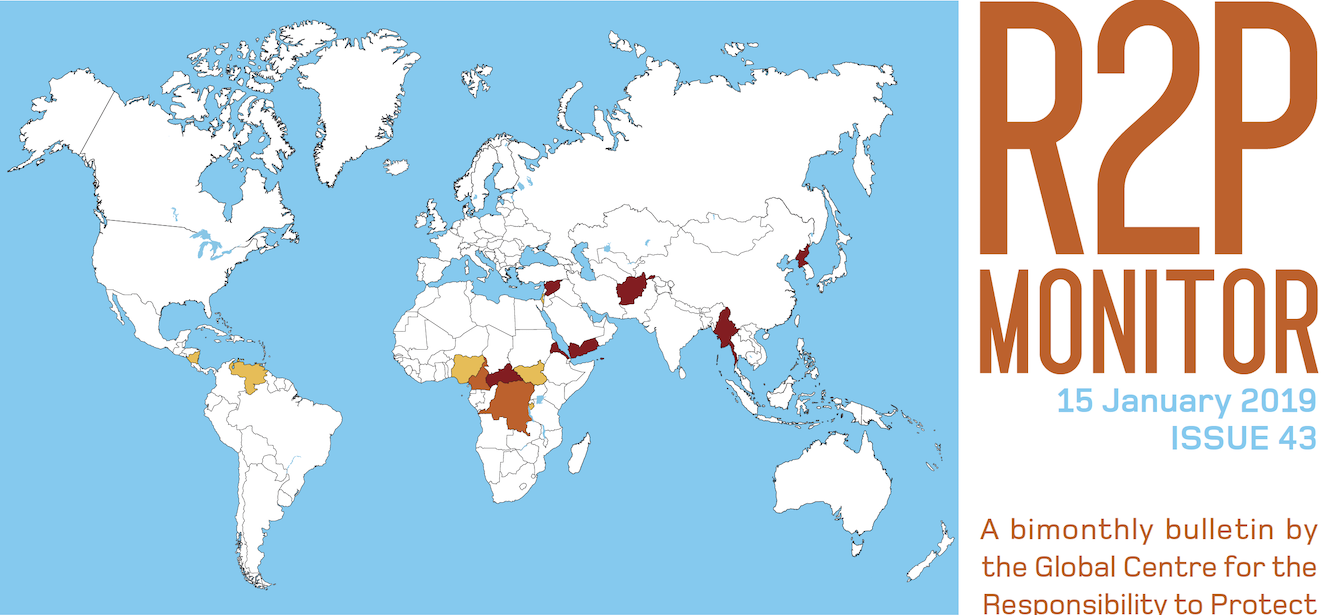
R2P Monitor, Issue 44, 15 March 2019
R2P Monitor is a bimonthly bulletin applying the Responsibility to Protect lens to populations at risk of mass atrocities around the world. Issue 44 looks at developments in Afghanistan, Myanmar (Burma), Syria, Yemen, Cameroon, Central African Republic, Burundi, Democratic Republic of the Congo, Israel and the Occupied Palestinian Territories, Nigeria, South Sudan, Sudan and Venezuela.
Highlights include:
Current Crisis
Afghanistan
The UN documented increased civilian casualties in Afghanistan during 2018, largely attributed to the use of improvised explosive devices by the Taliban and other anti-government armed groups. Some progress towards ending the war has been made during talks between the United States and the Taliban, but representatives of the Afghan government, as well as women, ethnic and religious minorities, and civil society, have been excluded from the negotiations.
Myanmar (Burma)
The 2018 report of the Human Rights Council-mandated Fact Finding Mission for Myanmar concluded that the military, as well as some civilians, committed crimes against humanity and war crimes in Rakhine, Shan and Kachin states, as well as acts of genocide in Rakhine State. Since early December 2018 conflict has also flared in Rakhine State between Myanmar’s military and the Arakan Army.
Syria
Since the Syrian crisis began in 2011 the conflict between the government and opposition groups has escalated into a civil war in which at least 560,000 people have been killed. Ongoing fighting in Idlib and adjoining portions of Aleppo and Hama governorates – the last remaining opposition strongholds within Syria – put populations at ongoing risk of mass atrocity crimes.
Yemen
Despite diplomatic efforts to end Yemen’s four-year war, populations remain at risk of war crimes and are experiencing the largest humanitarian crisis in the world. Intense fighting in Hodeidah Governorate threatens the future of the December 2018 “Stockholm Agreement.”
Imminent Risk
Cameroon
Populations in Cameroon are at imminent risk of potential atrocity crimes due to the ongoing crisis in the Anglophone regions and military operations against the armed extremist group, Boko Haram. According to OCHA, eight out of ten regions in Cameroon are currently affected by political violence.
Central African Republic
Despite the signing of a peace deal during February, ongoing fighting amongst armed groups in CAR leaves civilian populations at risk of attack.
Serious Concern
Burundi
State forces in Burundi – including the National Intelligence Service – continue to perpetrate violations and abuses of human rights that may amount tho crimes against humanity. The government has continued its open hostility directed towards UN mechanisms, institutions and experts, including through permanently closing the UN human rights office in Bujumbura on 28 February.
Democratic Republic of the Congo
The newly-elected government in the DRC faces a number of security challenges, including accountability and reconciliation for deadly clashes that took place in Yumbi, Mai-Ndombe province, during December. The UN has investigated more than 59 burial sites in the Yumbi area where at least 535 civilians were massacred in a series of planned attacks between the Batende and Banunu communities.
Israel and the Occupied Palestinian Territories
According to a new report by the Commission of Inquiry on the 2018 Gaza protests, between 30 March 2018 and 11 February 2019 at least 189 Palestinians were killed and over 25,252 wounded by the Israeli Defense Forces along the border between Gaza and Israel during a series of mass demonstrations. The Commission concluded that the Israeli Defense Forces violated International Humanitarian Law, possibly amounting to crimes against humanity or war crimes.
Nigeria
Recurring inter-communal violence in the “Middle Belt” region and ongoing attacks by Boko Haram continue to threaten populations in Nigeria.
South Sudan
Despite the September 2018 signing of the Revitalized Agreement on the Resolution of the Conflict in the Republic of South Sudan, conflict-related sexual violence remains rampant in South Sudan with hundreds of new cases reported between September and December 2018.
Sudan
Approximately 50 people have been killed and thousands arrested in anti-government demonstrations in Sudan since 19 December. Security forces have been accused of using excessive force against protesters and on 22 February President Omar al-Bashir declared a state of emergency.
Venezuela
Renewed mass demonstrations have taken place in Venezuela since January 2019 when President Nicolas Maduro was inaugurated for his next term. The start of his second term sparked a diplomatic crisis as dozens of governments, including the United States and many Latin American and European countries, recognized the leader of the opposition-controlled National Assembly, Juan Guaidó, as interim President.
Read Next

Related Publications
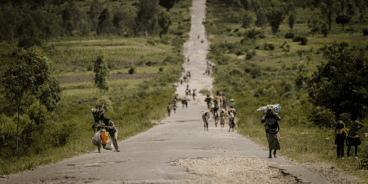
Atrocity Alert No. 463: Democratic Republic of the Congo, Venezuela and Myanmar (Burma)
